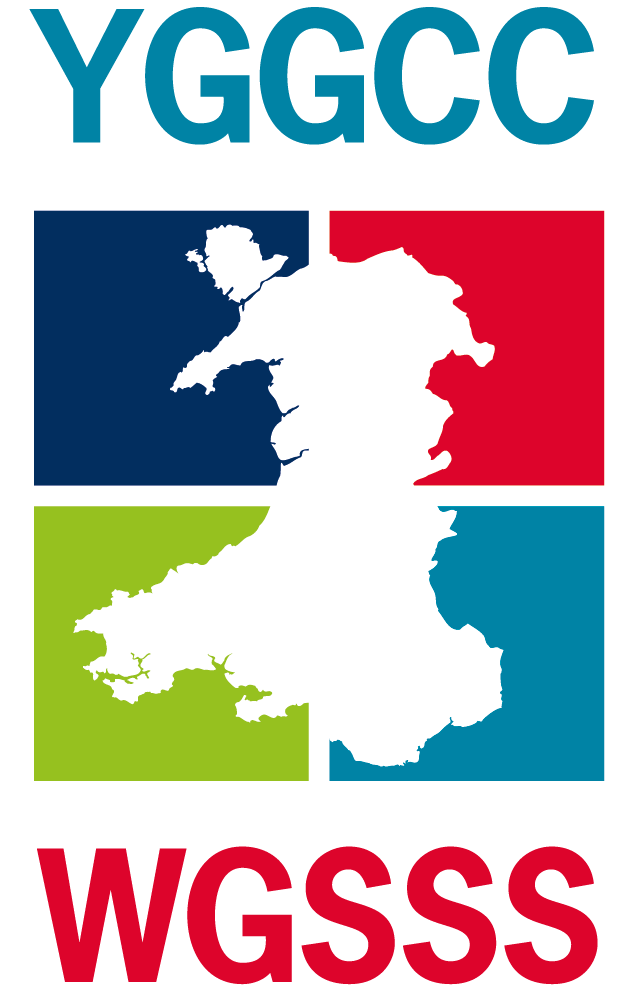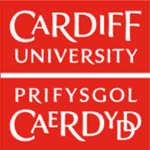Start date: October 2024 (Full time)
Award: General
Subject Pathway:
Human Geography
Thematic Cluster:
Place, Environment and Development Cluster
Exploring perceptions and experiences of foundational and wellbeing economy policies through lived experience in low-income communities.
Growth-first economic development approaches have failed to solve intractable social and spatial inequalities in post-industrial communities around the UK. ‘Alternative’ economic approaches are gaining traction as solutions. However, we know little about how these approaches are perceived or experienced on the ground. This timely research will address this knowledge gap, exploring how people in former coalmining communities of the South Wales Valleys (Beynon and Hudson 2021) experience new approaches to economic development.
Wales’s pioneering Well-being of Future Generations Act (2015) has centred wellbeing economics (WE) as an alternate measure of prosperity, challenging ‘traditional’ ideas around growth and economic development (Howe 2023). This policy runs alongside Welsh Government’s investment in, and promotion of, the foundational economy (FE), that is, the economy of the everyday (Bentham et al. 2013). Calafati et al (2019) posit that wellbeing and FE are inextricably connected, defining wellbeing as the citizens’ freedom to “live the lives they have reason to value” (p. 1).
There is an urgent need to understand the concerns and aspirations of communities impacted by deindustrialisation and the perceived responsiveness of state actors in the context of emergent alternative economic development.
Research Impact
This PhD would have a range of impacts:
- Policymakers: by engaging with people to understand how policy relates to their lives and the impact of that policy on their wellbeing.
- Practitioners: by illuminating the effectiveness of new economic policy paradigms in the context of low-income places.
- Communities and residents: through formulating their responses to policy and providing a platform to voice their ideas about and responses to interventions.
- Academic communities: by providing empirical research on the impact of new economic paradigms through qualitative approaches.
- Advocates and think-tanks: providing new perspectives and scrutiny of government activity.
Bibliography
Bentham, J. Bowman, A. de la Cuesta, M. Engelen, E. Ertürk, I. Folkman, P. Froud, J. Johal, S. Law, J. Leaver, A. and Moran, M. 2013. Manifesto for the foundational economy. Manchester: Centre for Research on Socio-Cultural Change.
Beynon, H. and Hudson, R. 2021. The Shadow of the Mine: Coal and the End of Industrial Britain. Verso, London.
Calafati, L. Ebrey, J. Froud, F. Haslam, C. Johal, S. and Williams, K. 2019. How an Ordinary Place Works: Understanding Morriston. The Foundational Economy Collective, Manchester. Available at: https://foundationaleconomycom.files.wordpress.com/2019/05/morriston-report-v6-13-may-2019.pdf
Howe, S. 2023. Implementing intergenerational fairness – the Welsh approach. Nordic Journal of Wellbeing and Sustainable Welfare Development, 2(1), pp.59-62.
Biography
I am a former journalist, policy officer and writer and have had a wide ranging career – from my time as a trainee reporter in the South Wales Valleys, to working as a news editor in an ever-changing and challenging media environment. After a career break so I could take on parenting duties of our then two-year-old child, when I also wrote a book on Cardiff City's promotion to the Premier League in 2018, I worked in policy before going back into education and undertaking a master's in politics and public policy at Cardiff University. Before starting my PhD, I worked as a research assistant with Cardiff University Business School on an international project looking at the impact of Brexit on European Works Councils. I was also policy officer at the charity, Learning Disabilty Wales.
My career in brief:
Policy and communications officer, Learning Disability Wales (November 2023-September 2024)
Research Assistant (Brexit on EWC), Cardiff University Business School (January 2024-September 2024)
Policy officer, Universities Wales (2020-2022)


